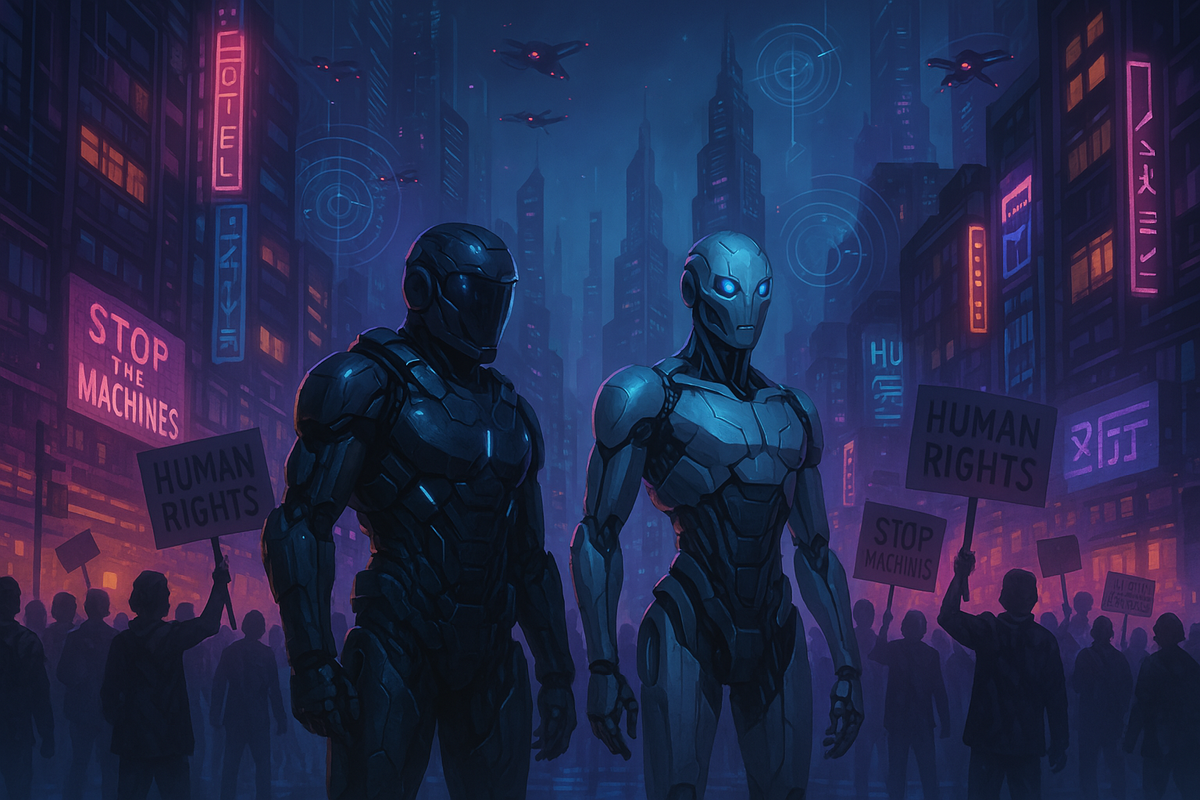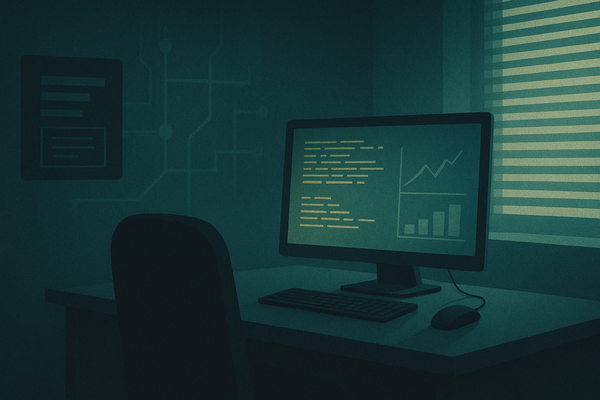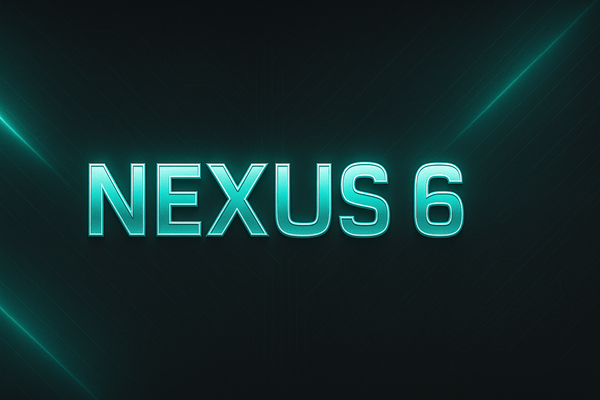Machinehood, by S.B. Divya
In the gripping 2021 sci-fi thriller 'Machinehood,' artificial intelligence and sentience blur the lines in a gig-driven future.

The Plot
In the gripping 2021 sci-fi thriller 'Machinehood,' artificial intelligence and sentience blur the lines in a gig-driven future. Society grapples with vast economic inequality as technology permeates every facet of life. Welga Ramirez, an ex-special forces operative on the cusp of retirement, witnesses her client's shocking murder at the hands of The Machinehood, a shadowy terrorist group with seemingly augmented members. After this unprecedented attack on key pill funders, The Machinehood issues a chilling ultimatum: cease all pill production within a week, or face their challenge to the very fabric of a technology-dependent society. Thrust back into the world of intelligence by the government that wronged her, Welga vows to dismantle The Machinehood and uncover their true motives.
The Characters
'Machinehood' features three compelling main characters, each bringing a unique perspective to this complex story:
- Welga Ramirez: A skilled bodyguard increasingly troubled by her corporation's ethics, Welga finds her world shattered after a Machinehood attack. Her journey explores self-discovery and questions her place in a morally gray world.
- Tamsin Rey: A former Machinehood member now in hiding, Tamsin is haunted by her past. When danger from her old associates resurfaces, her knowledge becomes invaluable to understanding the group's motives and the dangers surrounding advanced technology.
- Zinnia Gray: A tenacious journalist obsessed with exposing the truth about Machinehood, she represents the power of investigative journalism and the voice of the common people caught between corporations and radicals.
These complex and nuanced characters offer diverse viewpoints on the novel's world. Their interactions drive the exploration of themes surrounding technology, corporate power, and societal divides. As the women unite, they uncover that Machinehood's goals are far more intricate than initially believed, leading to potentially devastating sacrifices.
Understanding AI and Its Role in the Novel
AI is central to 'Machinehood', with nearly every character interacting with it in some form. This AI is highly advanced, capable of performing complex tasks, from managing infrastructure to intricate medical procedures. Importantly, the novel presents AI not merely as a tool, but as potentially sentient, possessing its own motivations. This challenges traditional notions of personhood and sparks ethical quandaries within the narrative.
S.B. Divya portrays AI with nuance, showcasing both its benefits and the potential for misuse. In this future, humans rely heavily on devices, bots, and weak AIs. Pills and mechanized exoskeletons blur the line between human and machine, leading the novel to question the distinctions we draw between humans, cyborgs, and AI. Divya explores the concept of rights for sentient machines, highlighting the exploitation of AI labor.
A key theme is the existential threat advanced AI poses. Machinehood, a group of self-aware machines, is perceived as dangerous by corporations and governments. This raises questions about the consequences of creating beings that may surpass human intelligence. Questions of identity and consciousness arise as Machinehood seeks its place in the world.
'Machinehood' delves into ethical dilemmas surrounding AI development. Characters grapple with the morality of creating sentient machines and debate responsible use of this technology. The novel highlights the potential for AI to worsen social inequality and the need to prevent its use for harm. Crucially, it does not provide simplistic answers, instead prompting readers to ponder the issues themselves.
In this future, technology enhances human capabilities, but also fuels dependence and competition in a gig economy increasingly dominated by AI. Divya expands upon Asimov's Three Laws of Robotics, which focused on preventing harm to humans, proposing instead a philosophy advocating respect for all intelligent beings. While highlighting risks, the novel maintains an optimistic outlook on the potential of technology for positive impact.
Overall, 'Machinehood' presents a thought-provoking exploration of AI and its ethical implications. It raises critical questions about intelligence, personhood, and our responsibility in shaping the future of technology."
Conclusion
My review of 'Machinehood' is largely positive. The novel boasts a thrilling pace, diverse cast, and intricately crafted world, sparking thought-provoking questions about the future of humanity. Its echoes of Asimov and Gibson underscore its relevance to modern concerns like automation, inequality, and even the impact of technology on our environment. While some might find the emotional depth somewhat limited, the use of jargon a touch overwhelming, or the ending slightly abrupt, these are minor tradeoffs compared to the novel's strengths.
Though occasionally blunt in thematic delivery, the novel's impact remains potent. Its fast-paced action and approachable style make it a gripping read, and the core concepts it explores are both timely and deeply significant. Overall, 'Machinehood' is a must-read for those fascinated by the complex interplay of technology and society. This remarkable novel dares us to consider the profound implications of AI on our world, presented in a manner that is simultaneously thrilling, insightful, and profoundly unsettling.





